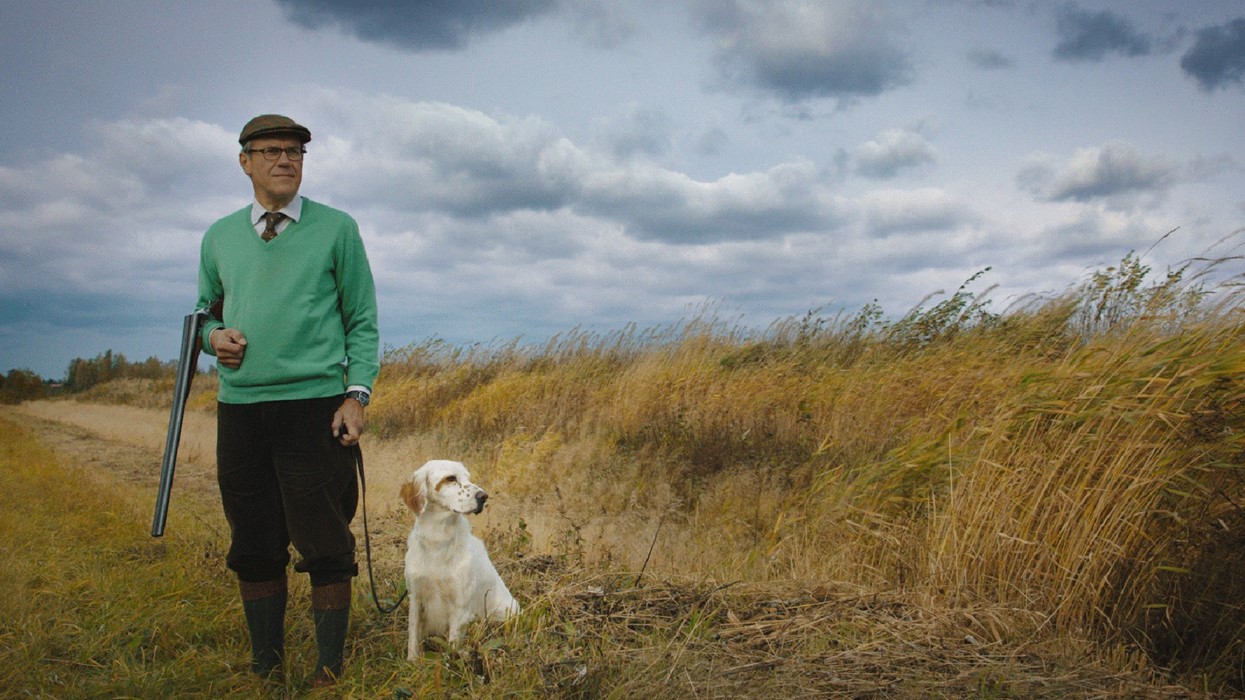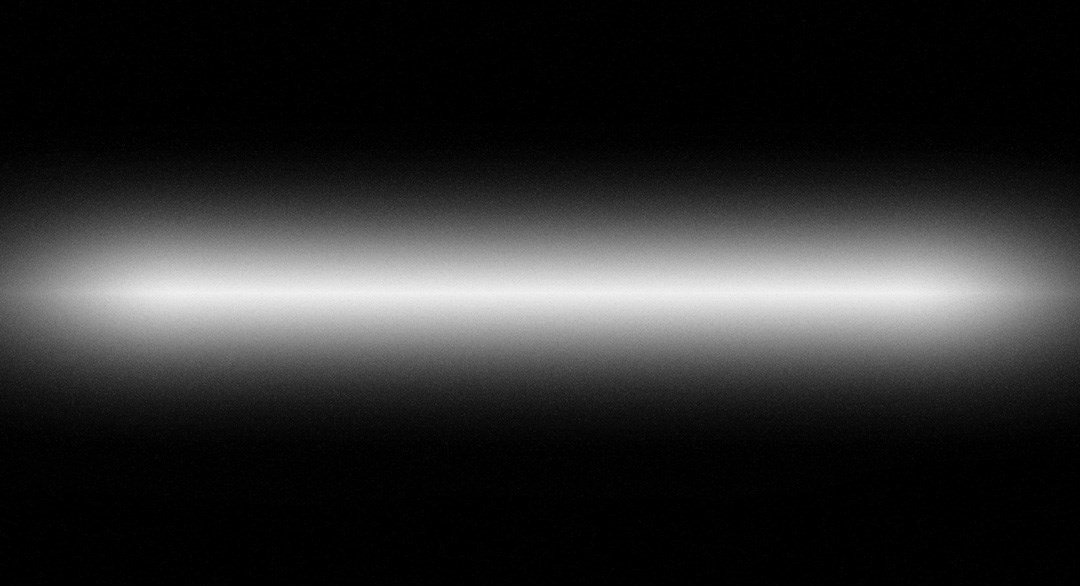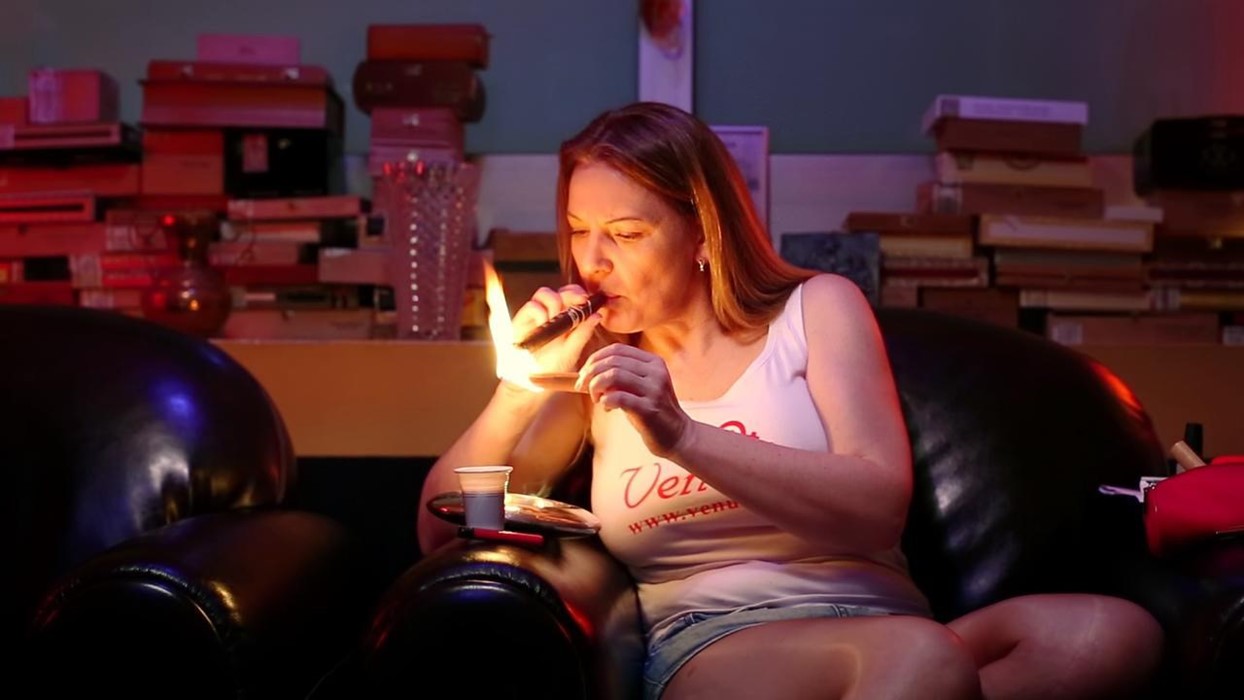As the Summer Solstice arrives, bringing with it a change in the seasons, we take a look at five of the best short films to grace the big screen so far in 2016
The year is not even half over, and already a blaze of new short films have entered the world with premieres at some of the most important dates on Europe’s festival calendar. From events dedicated exclusively to shorts such as Vienna Independent Shorts and Germany’s legendary Oberhausen, to broader fests with high-profile shorts selections such as Rotterdam and the Berlinale, we pick five fleeting wonders you need to watch out for.
Venusia (above)
Louise Carrin’s Venusia is a doc portrait of two women inside a high-end brothel in Switzerland, and won her Oberhausen’s Grand Prize. It’s far from a sensationalised or voyeuristic take on their industry. We never see any clients, though we hear the intermittent doorbell of arrivals off-screen. We stay in the smoking room with officious owner Lisa and her longtime employee Lena, who is fed up with the drudgery of appointments despite pressing economic imperatives and would prefer to sit back with cigarettes. Side by side, the pair chat and pass the time.
Love
Hungarian animator Réka Bucsi creates entire universes. Plants and creatures live out their surreal and strangely touching habits in episodes at the intersection of dark humour and rare wonder. In Love, which comes on the heels of her Oscar-shortlisted Symphony No. 42, black panthers set eyes on each other for the first time and fall in love, as the planets turn in the cosmos. It premiered at the Berlinale and also screened at Vienna Independent Shorts, where Bucsi has just finished a month-long residency collaborating with British animator Peter Millard.

Elegance
We accompany three immaculately turned out, prominent Finnish men partridge and pheasant hunting in Virpi Suutari’s unique portrait, which has the look of a classical painting. Heikki A. Reenpää is a publisher, and Antti Herlin and Jorma Ollila are business executives. But it’s in this sport with their beloved, pedigree dogs that the trio form their bond, sealed with an opulent dinner of their prey. Bright with gentle curiosity but edging toward wry surrealism in its meticulous observation of a privileged male tradition, the film shows how social status rests on access to shared rituals. Suutari won Oberhausen’s ZONTA award for a female filmmaker.

not even nothing can be free of ghosts
Rainer Kohlberger’s not even nothing can be free of ghosts jolts its audiences. Some appreciate it as an uncompromising, teasing sensation-storm of experimentation with perception. Others are riled by its assault on vision, as they struggle to take in the intense pulses of light, as if on too-strong psychedelics. The Austrian artist, who lives in Berlin, references nothing concrete in reality, but is aware that the human brain is wired to create associations. Algorithmically generated using computer technology, the extreme creation – screened at Rotterdam and Vienna Independent Shorts – feels like a steam-clean of the brain by a wayward hypnotist.
A Man Returned
Reda left the Ain al-Hilweh refugee camp for Palestinians in Lebanon for a new life in Europe. But, after three years surviving hand-to-mouth in Athens, he’s forced back to the camp, where heroin use is rife. The 26-year-old forges a new plan of marrying, but his dream wedding must contend with the realities of his life as a dealer and addict. Danish-Palestinian documentarian Mahdi Fleifel achieves astonishing access and a bittersweet humanity in A Man Returned, having encountered this story at the camp where he himself grew up. The film’s power won Fleifel a Silver Bear award at the Berlinale and a main prize at Vienna Independent Shorts.
